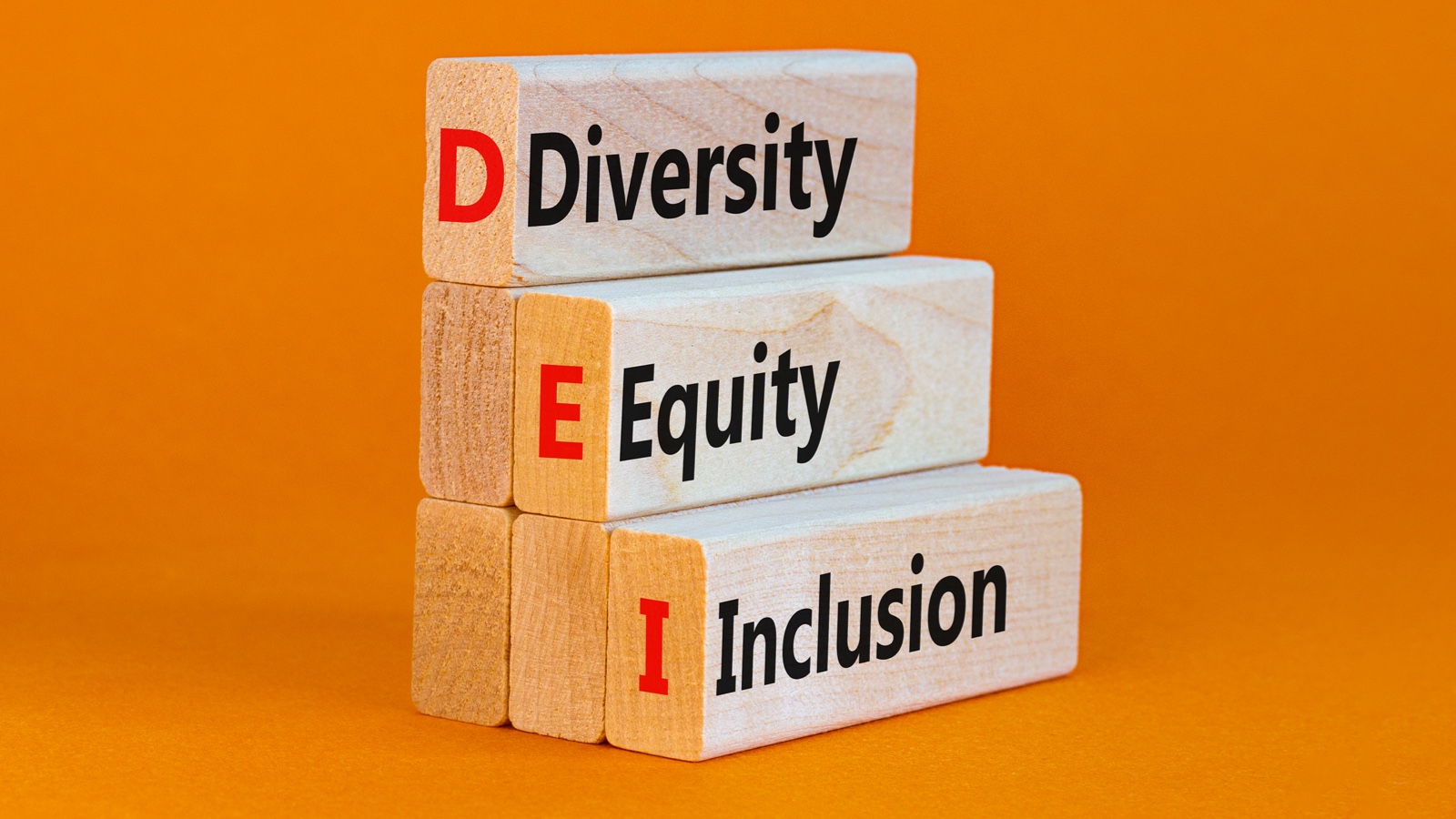Corporate training is an essential tool for companies that want to create an inclusive and diverse work environment. Through training, employees can develop an understanding of diversity, equity, and inclusion (DEI) and learn how to incorporate it into their daily work activities.
What is DEI?
Diversity, equity, and inclusion (DEI) is a term used to describe a range of initiatives and practices that aim to create an inclusive work environment.
Diversity refers to the differences in race, ethnicity, gender, sexual orientation, age, physical ability, religion, and other factors that make people unique.
Equity on the other hand, refers to creating an environment in which everyone has access to the same opportunities and resources, regardless of their background or identity.
Whereas, Inclusion, refers to the active involvement of people from diverse backgrounds in all aspects of the workplace, including decision-making, communication, and collaboration.


How Corporate Training promotes DEI
Corporate training is a crucial tool in fostering DEI in the workplace. It can help employees understand the importance of diversity, equity, and inclusion and learn how to incorporate it into their daily work activities.
Here are some examples of how corporate training can foster DEI in the workplace:
1. Unconscious Bias Training. Unconscious bias refers to the unconscious attitudes or stereotypes that people hold about certain groups of people. Unconscious bias training can help employees recognize their biases and learn how to mitigate them. By becoming aware of their biases, employees can work towards creating a more inclusive work environment.
2. Cultural Competency Training. Cultural competency training can help employees understand different cultures, customs, and communication styles. By understanding these differences, employees can communicate more effectively with people from diverse backgrounds and avoid misunderstandings.
3. Diversity, Equity, and Inclusion Training. DEI training can help employees understand the importance of diversity, equity, and inclusion and learn how to incorporate it into their daily work activities. By learning about the experiences of people from diverse backgrounds, employees can better understand and appreciate different perspectives.
[media-credit name=”Getty Images/iStockphoto” align=”alignnone” width=”531″]

The Advantages of DEI in the Workplace
DEI (diversity, equity, and inclusion) is an approach that focuses on creating a more inclusive workplace where everyone feels valued, respected, and supported, regardless of their background or identity. Implementing DEI in the workplace has several advantages, including:
1. Increased Creativity and Innovation. A diverse workforce brings a variety of perspectives, experiences, and ideas to the table, which can lead to more creative and innovative solutions to problems. When employees from different backgrounds collaborate, they can share their unique insights and ideas to find new and more effective ways to approach challenges.
2. Improved Problem-Solving. Teams with diverse backgrounds and experiences are more likely to identify and solve problems that others may miss. By bringing together individuals with different perspectives, companies can tap into a wider range of solutions and ideas.
3. Improved Employee Morale. An inclusive workplace fosters a sense of belonging and respect among employees, which can lead to increased job satisfaction, loyalty, and retention. Employees who feel valued and supported are more likely to be engaged and productive.
4. Increased Access to Talent. Companies that prioritize DEI are more likely to attract and retain a diverse range of talent. By creating an environment where everyone feels welcome and supported, companies can tap into a wider pool of qualified candidates.
5. Improved Customer Relations. An inclusive workplace can help companies connect better with their customers. When employees understand and appreciate the diverse needs and preferences of their customers, they can provide better service and develop stronger relationships.
6. Enhanced Reputation. Companies that prioritize DEI are viewed as more socially responsible and ethical. By promoting diversity, equity, and inclusion, companies can improve their reputation in the community and attract socially conscious consumers and employees.
In conclusion, DEI is essential in creating an inclusive and diverse work environment. Corporate training is a vital tool in fostering DEI in the workplace. Through training, employees can develop an understanding of diversity, equity, and inclusion and learn how to incorporate it into their daily work activities. By implementing DEI, companies can attract and retain a more diverse range of employees, improve innovation and problem-solving, and improve their reputation in the community.
Indepth Research Institute (IRES) provides sustainability training that would not only enhance DEI in your organization but also improve man-management and morale.
Register now to reap the fruits of DEI training!
We have a firm belief that every organization has a unique purpose only they can fulfil in this world. We work with you in organizing your resources to exploit opportunities so that you can fulfil your purpose and realize full potential. We build the capacity of people, processes and systems for organizational success and growth as well as nurturing a thriving ecosystem.
Ready to enhance your skills and boost your career? Explore our corporate training programs now and start your journey to success.








Comment here